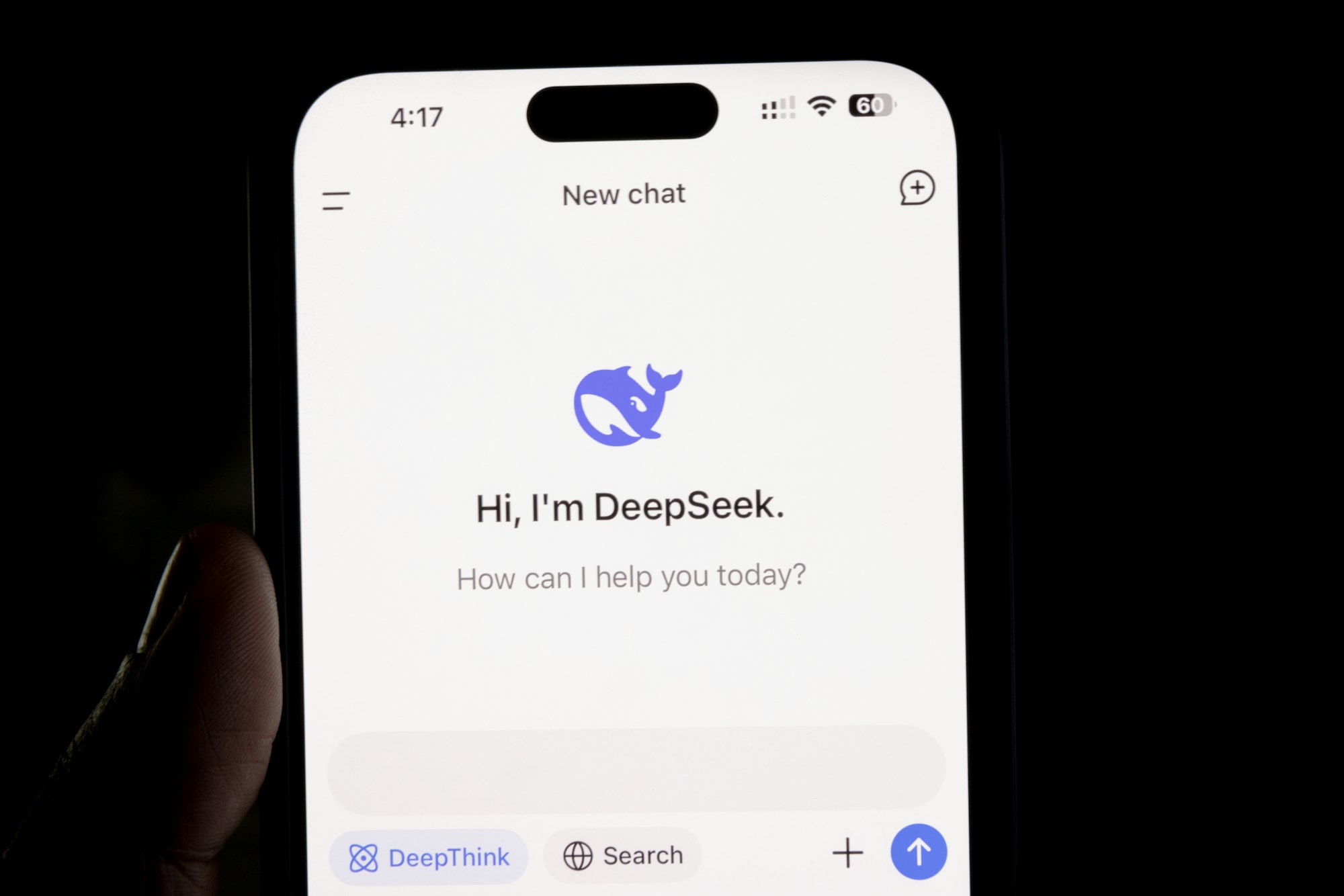Your browser already runs hostile code. Could it sandbox AI agents too?
Google's Paul Kinlan argues browsers' 30-year security model could sandbox AI agents without container overhead. Here's how Co-do proves the concept.
Explore how DeepSeek's innovative lean AI model is revolutionizing industries in China and beyond.

DeepSeek upended China's AI industry in January. Their breakthrough R1 model proved you don't need billions to build great AI. Now the shockwaves hit both Chinese startups and Silicon Valley giants.
The impact hits home first in China. Zhipu, once the country's top AI startup, bleeds money - losing $276 million on $41 million in sales last year. They employ 800 people. DeepSeek? Just 160. The contrast stings.
Chinese firms scramble to adapt. 01.ai abandoned its own model development to sell DeepSeek-based solutions. Baichuan retreated to healthcare. Moonshot slashed marketing for its Kimi chatbot. Even tech giant Alibaba changed course, pulling back from buying Moonshot after Jack Ma ordered a focus on internal AI projects.
The ripples spread beyond China. In two weeks, Chinese companies launched 10 major AI products that undercut OpenAI's prices. Baidu unveiled Ernie X1. Alibaba upgraded its models. Tencent shared its AI plans. Food delivery giant Meituan pledged billions for AI development.
DeepSeek's edge comes from smart design. They use a "mixture of experts" approach - combining smaller, specialized models instead of one massive system. This needs fewer chips, crucial when U.S. sanctions limit access to advanced semiconductors.
Their open-source strategy forces competitors to choose: fight head-on or build on their foundation. Most pick the latter. Wang Tiezhen from Hugging Face explains why: "Companies can save millions by using top models instead of building worse ones themselves."
OpenAI feels the heat. They might give away some technology while charging premium prices for advanced features. Nvidia watches too - their expensive AI chips look less essential as Chinese firms find cheaper ways forward.
The U.S.-China innovation gap shrinks. Lee Kai-fu, CEO of 01.ai, says it's down to three months in some areas - from 6-9 months before. U.S. chip sanctions backfired, pushing Chinese companies toward efficiency.
Beijing's blessing amplifies DeepSeek's impact. The government crowned them China's AI champion, threatening Zhipu's government contracts. DeepSeek's technology now runs in hospitals and local offices nationwide.
The shift reshapes business models. Companies like 01.ai and Baidu now focus on helping customers use DeepSeek's technology effectively. They bridge the gap between raw technology and business needs. But this means proving their worth in a market where the core technology comes free.
Chinese cloud providers slash prices too, sparking a potential global price war. This mirrors China's playbook in electric cars and solar panels: build cheaper, share technology, watch competitors scramble.
Why this matters:


Get the 5-minute Silicon Valley AI briefing, every weekday morning — free.